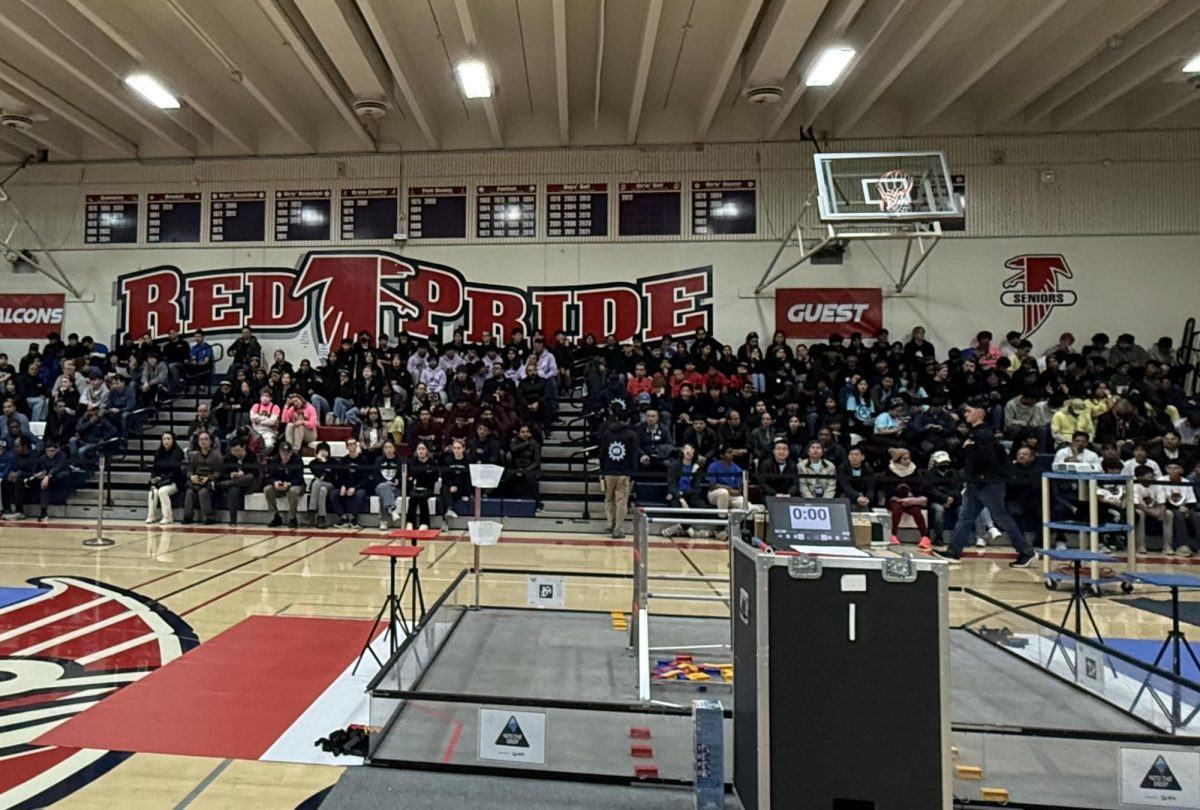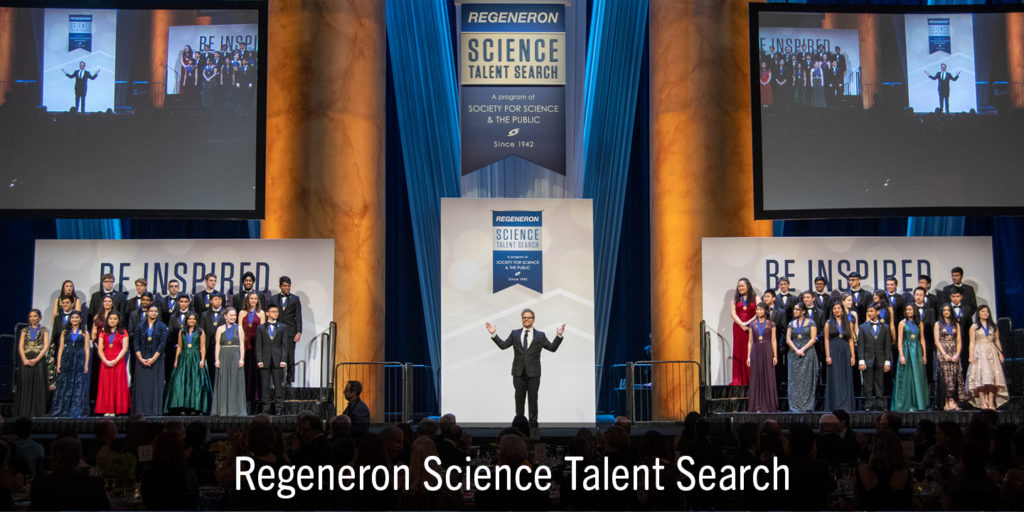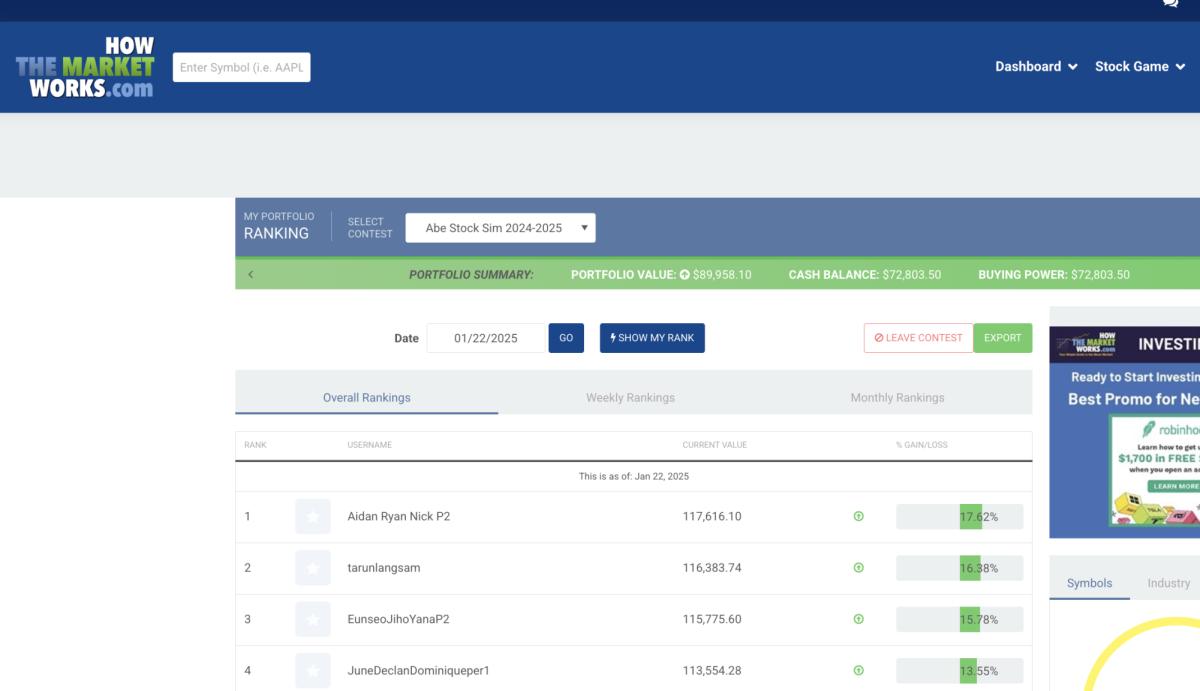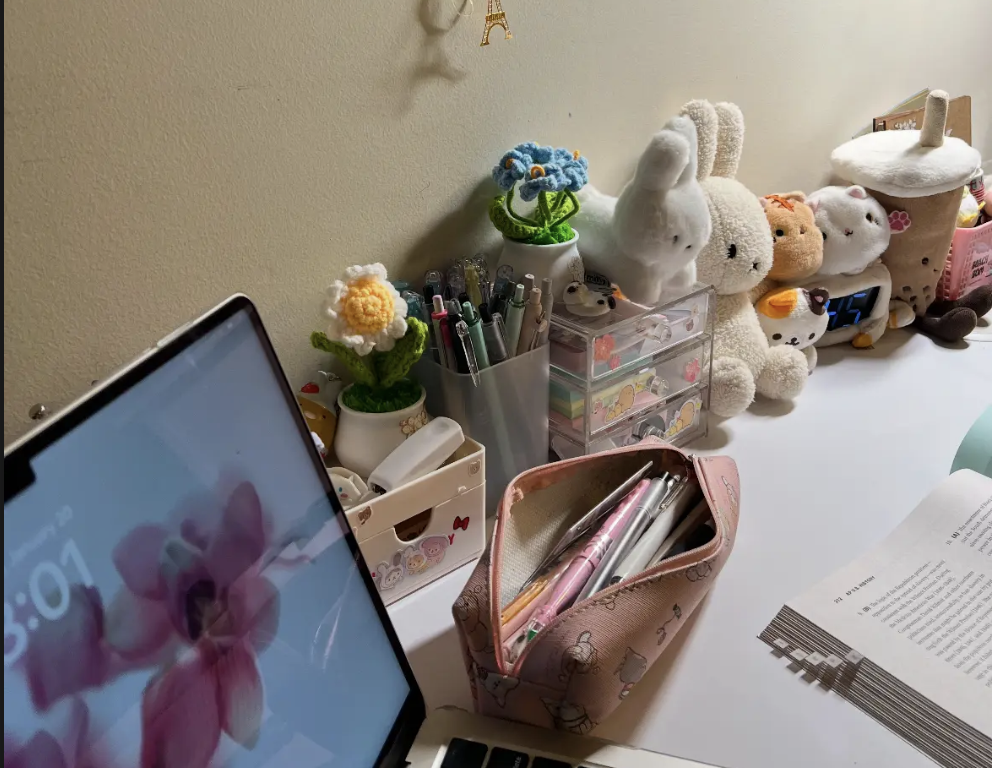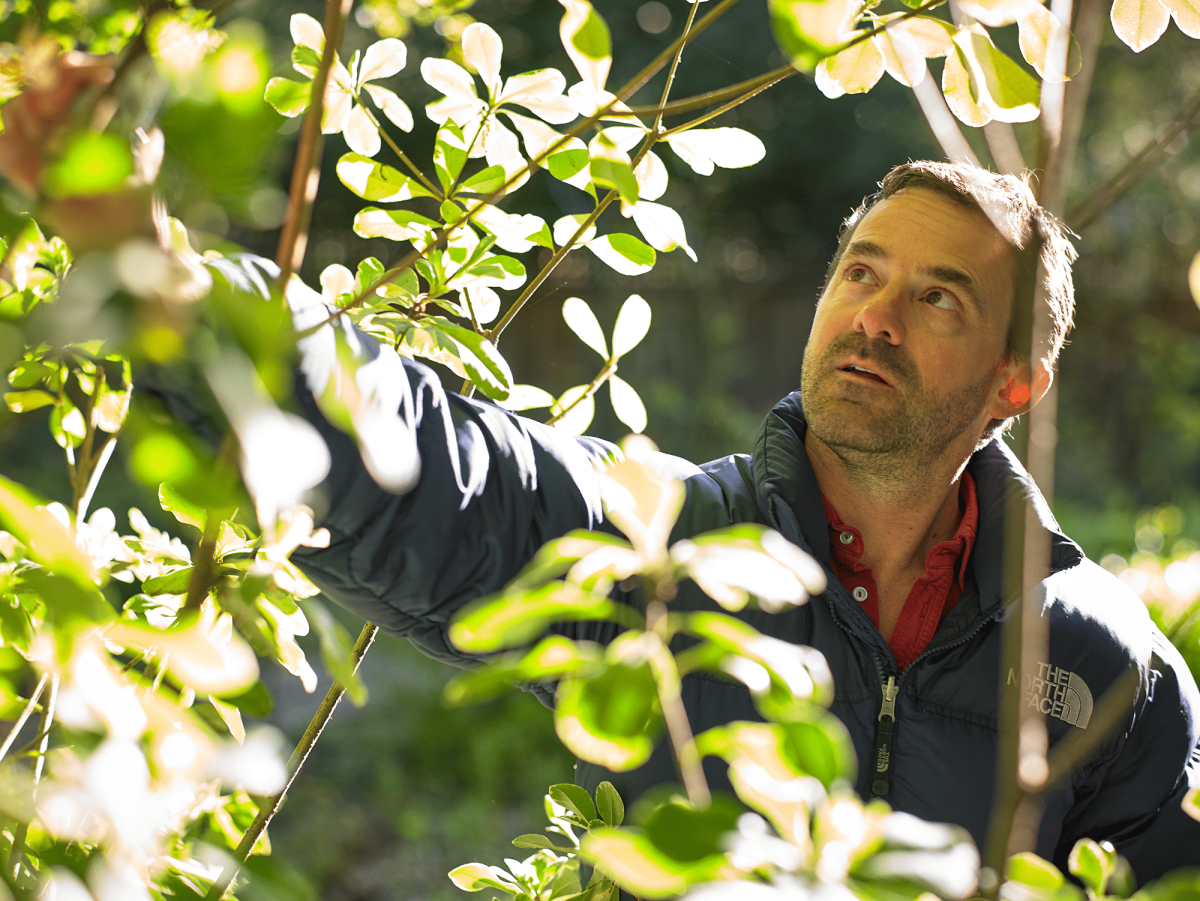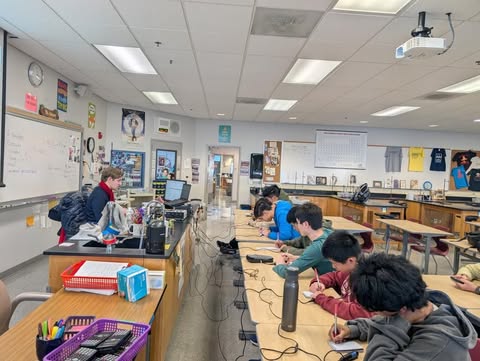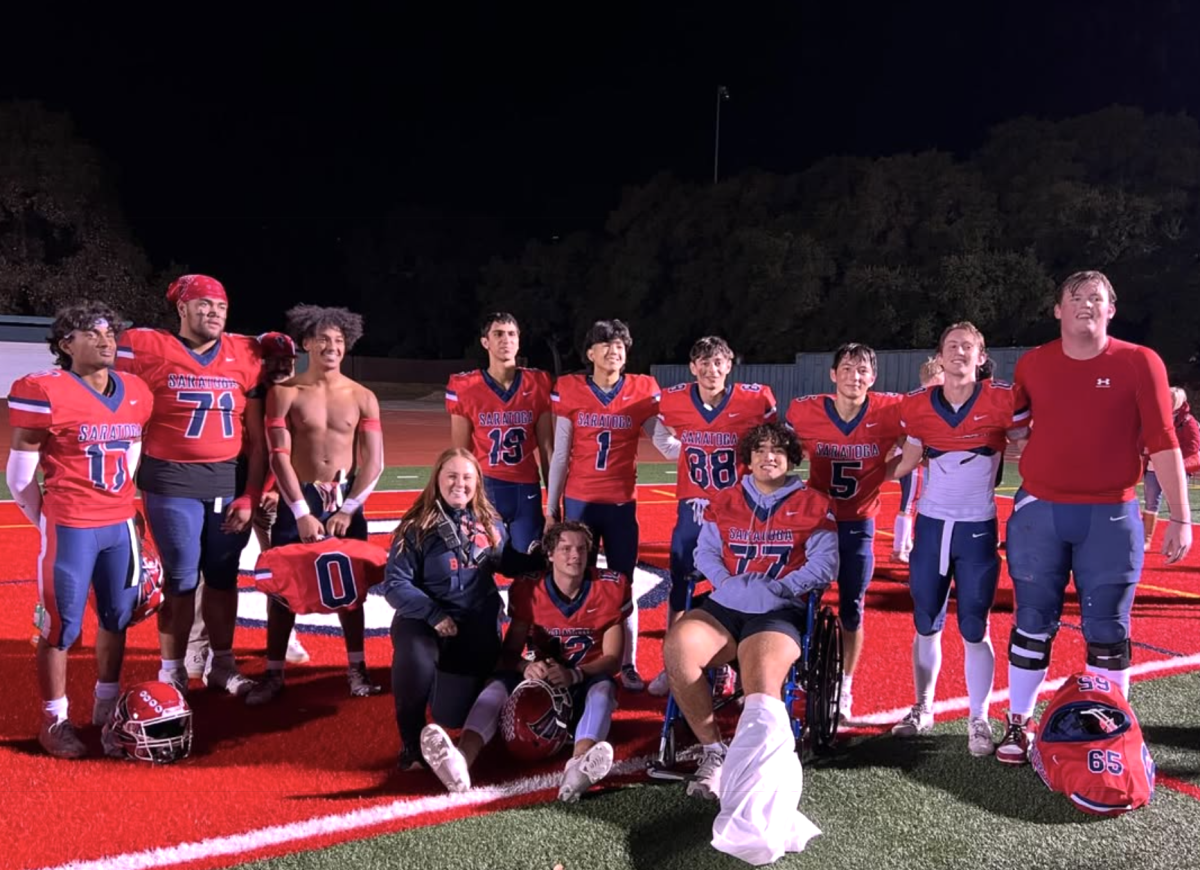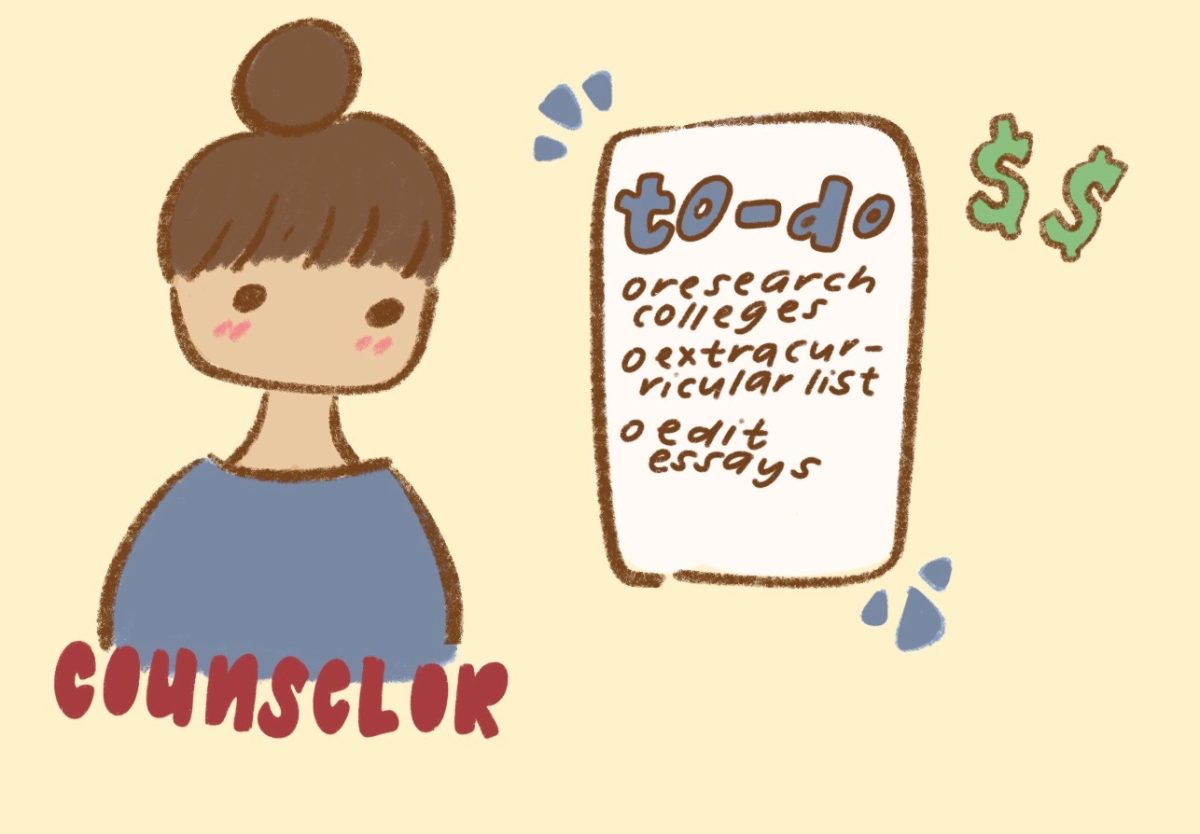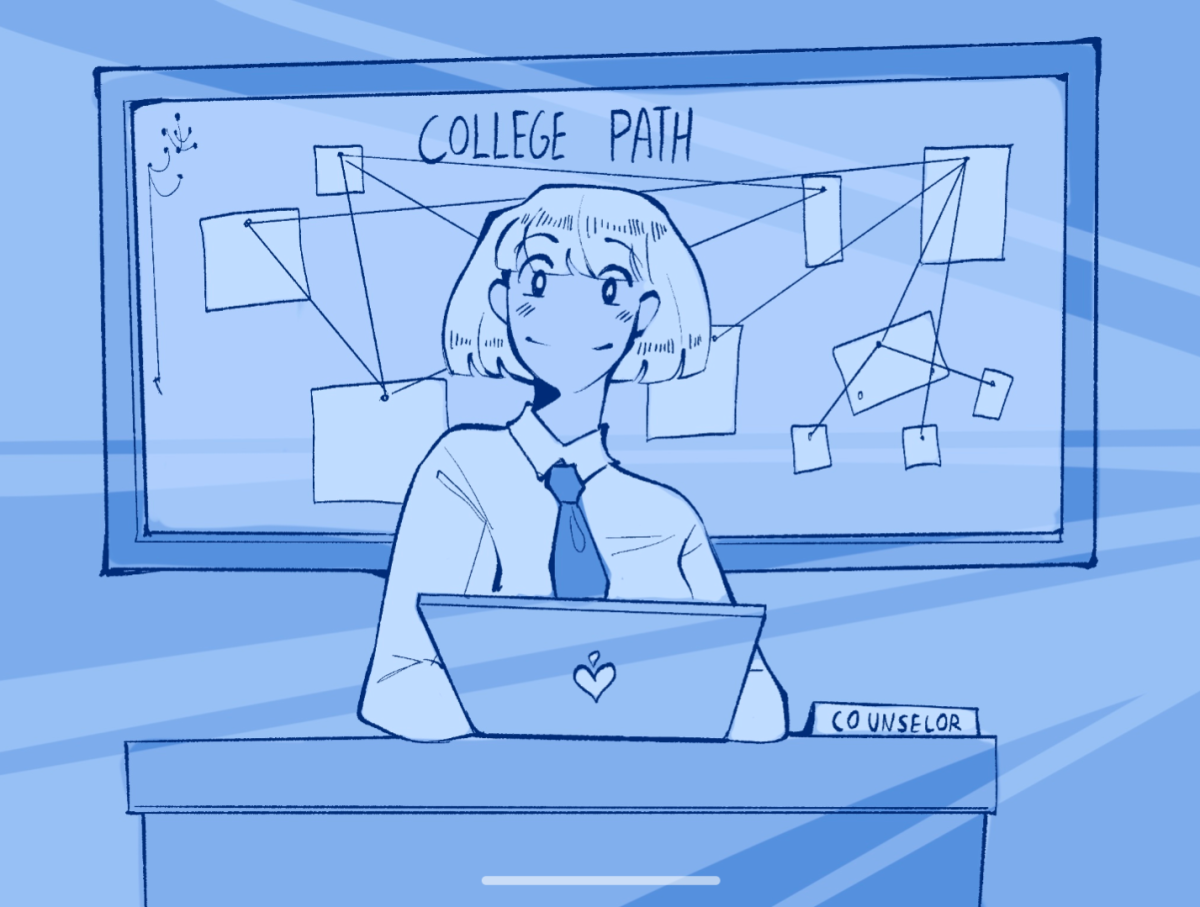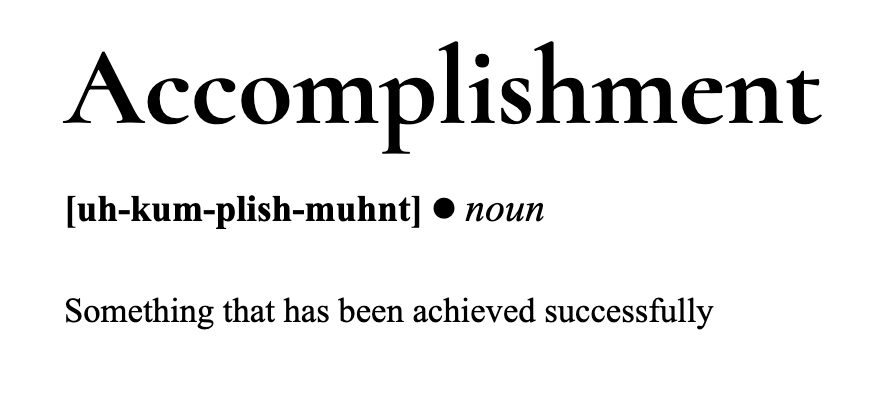Within our academically focused community, parents and students alike place an unnecessary amount of pressure on the college application process — and as a result, private counselors have come to be seen as a necessity, a guiding light that provides a less stressful, more successful path into a top university.
But having a private counselor lay out a roadmap from starting your freshman or sophomore year isn’t what determines success in the process. That’s not to say underclassmen shouldn’t have a general sense of direction, but hiring a private counselor isn’t a necessity for shaping your future.
Reflecting on the past four years, I’m confident in my decision to forgo a paid counselor. Instead, I relied heavily on the experiences of my older brother and friends who had gone through the college application process themselves. Since freshman year, I sought advice from them — what they wished could have gone differently and what worked well for them. Through these conversations, I learned to explore my interests organically and find genuine purpose in my extracurriculars rather than scrambling to simply fill up my activities list.
The question isn’t about whether having a private college counselor is helpful, but rather whether access to one would benefit the type of student you are. After all, growing up in our affluent community, most families would be willing to invest up to the $10,000 a counselor typically charges, especially if it increases their child’s chances of gaining admission and happiness in the next four years.
Yet, it is definitely possible to find success without a private college counselor — I didn’t have one and I don’t regret my decision at all.
When colleges began releasing their supplemental writing prompts over summer — a time when counselors typically start to become most involved — in lieu of a private counselor, I worked and checked in with Sierra Ward, the school’s expert College and Career Center adviser.
However, as I neared my Early Action deadlines in the fall, I found that it was easy enough to handle supplementals and application materials on my own. By the time I applied to my last regular decision school in early January, I had written all my new supplements and filled out the action items without any external feedback.
If you are the type of student who takes initiative, whether this independent mindset is grounded in an internal drive or a fear of failure, a paid counselor isn’t necessary to keep you accountable. The personal timeline I set, starting the week after junior year ended, was enough for me to find success come time for my first college application submission on Oct. 15.
Using Ward’s paper resources that described the characteristics students should consider when applying to a college, such as geography, major and school size, I researched over 50 colleges over the summer, spending anywhere from 30 minutes to two hours to gauge how well I fit into the school’s academic and social culture. Once senior year started, I had narrowed my list down to around 20 schools.
I then set a schedule leading up to my Early Action and University of California (UC) deadlines. I made sure to write drafts of one to three supplemental essays per week depending on their word counts, keeping myself on track and stress levels at a minimum.
While it’s inevitable to have some soft deadlines fall through the cracks due to course workload and time commitments to extracurriculars, if you are OK with spending a few Friday and Saturday nights during first semester grinding out a supplement or filling out an application, you will end up at the finish line just like everyone else.
One major advantage I will acknowledge is the professional help a college counselor can provide during the writing process. Their main selling points often includes editing students’ essays who were admitted to prestigious universities and having successfully navigated the process themselves. However, if you are confident in your writing capabilities and in forming a piece of work that is truly authentic and reflective of who you are — which is ultimately what colleges look for — a counselor isn’t a requirement of the process.
After drafting my supplemental essays, I had my older brother and father — along with some college friends — review them, and Ward provided feedback on a few of my early drafts. I trust my ability to write with sophistication, ensuring my syntax and semantics are persuasive, so most of the feedback I received focused on content — whether I was fully answering the prompt or if something felt unclear.
At school, we have plenty of free resources at our disposal to find success. We have English teachers who will spend time during a tutorial or two looking over your personal statement. And while Ward might have dozens of seniors to assist, she always carves out the time required to provide in-depth, personalized feedback on supplements when needed.
If I have learned anything, it’s that figuring out who I am and what I want to pursue in college is a fluid process — one that can’t be confined to a private counselor-designed roadmap of classes and extracurriculars. If you are willing to take personal responsibility in the process and have faith in your own writing capabilities, spending tens of thousands of dollars on a counselor over two or three years is an unnecessary expense.
The College and Career Center offers ample resources to kick off the application process early into junior year, including extracurricular checklists, example prompts and college admission officer visits. If you’re willing to put in the individual effort and leverage the resources already available to you, you will be the captain of your own application ship and be proud of all your work once clicking submit on your final college application — I know I was.



